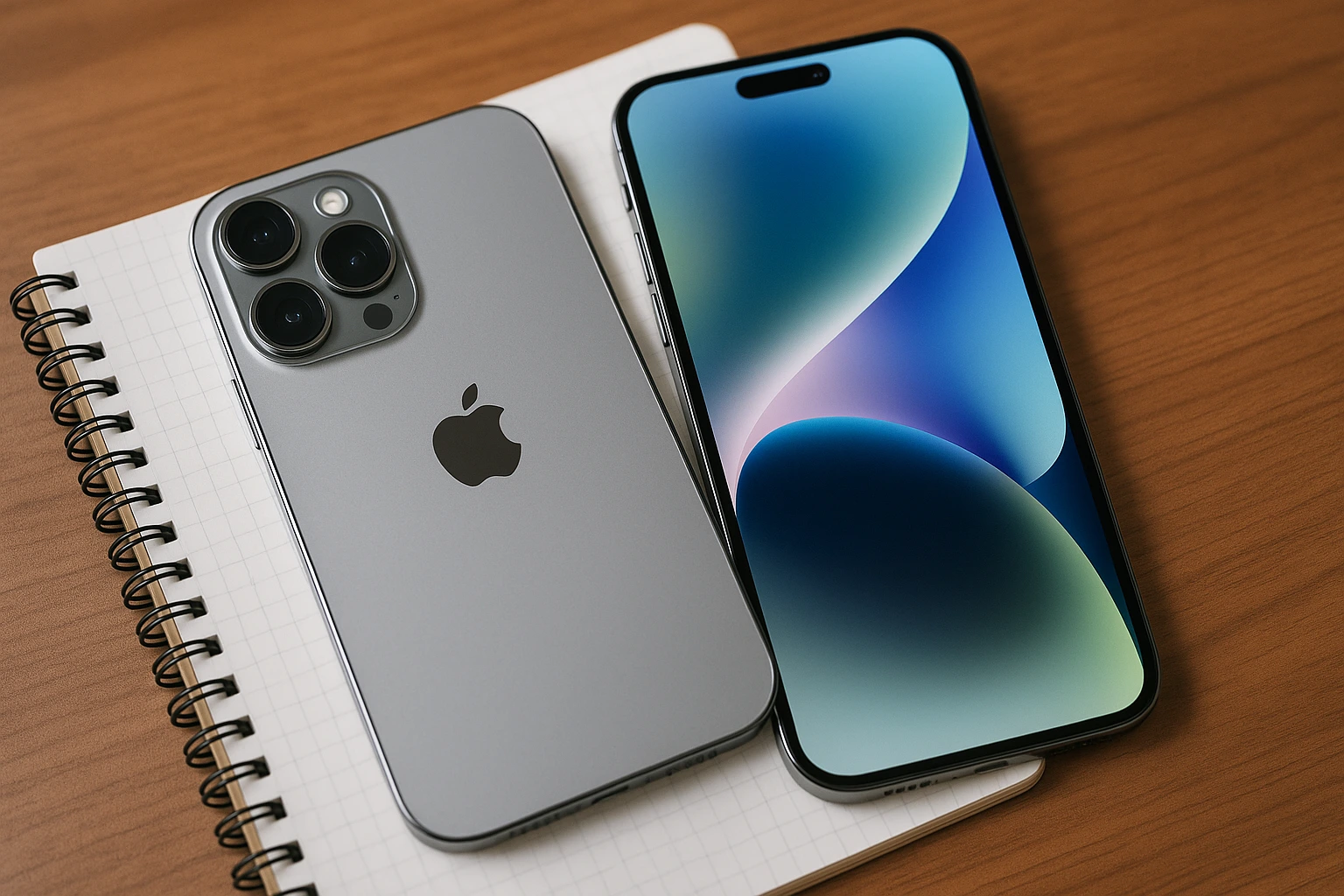In the digital age, the laptop has become an indispensable tool for work, education, and entertainment. With rapid technological advancements, choosing the right laptop for 2025 can be a difficult task. The comprehensive guide aims to clarify the process, enabling you to make an informed decision tailored to your needs.
Why Choosing the Right Laptop Is Important
Buying laptops is a serious decision because it affects your productivity, creativity, and daily convenience. An efficiently chosen laptop boosts efficiency and performs tasks harmoniously and for a good amount of time, so that your investment is worth.
Key Advantages of Selecting the Right Laptop
- More Productive: Depending on your requirements, the laptop you choose shall enable smooth multitasking and maintain an efficient flow of work.
- Cost saving: By deciding on a laptop that fits your needs, you will avoid the unnecessary cost of features that you have no use for.
- Portability and Convenience: A laptop that boasts an ideal size and weight would offer you the convenience of carrying it around anywhere.
- Future-Ready: By choosing specifications that are up to date, your laptop will be away from obsolescence for a long time.
Step-by-Step Guide to Buying the Perfect Laptop
1. Define Your Primary Use Case
Identify the main function your laptop must perform:
- General Use: Web browsing, streaming, and office applications.
- Professional Work: Software development, graphic design, or video editing.
- Gaming: High-performance requirements for running the current games.
- Education: Note-taking, research, and online classes.
2. Choose the Operating System
- Windows: Offers versatility and maximum compatibility.
- macOS: Optimized for Apple hardware; favored by creative artists.
- Chrome OS: Minimalistic and cloud-focused; suited for trivial tasks and students.
3. Selecting Specifications
- Processor (CPU): For all-round activities, buy any Intel Core i5 processor or AMD Ryzen 5. For heavy work, buy Intel Core i7/i9 or AMD Ryzen 7/9.
- Memory (RAM): 8GB is the bare minimum; 16GB or more is desired for multitasking and professional applications.
- Storage: SSD (Solid State Drive) is better in speed compared to HDD. 256GB is the usual size; anything beyond 512GB is giant storage for all those huge files.
- Graphics: An interface-based video card will do for an average user. A dedicated GPU, such as NVIDIA’s GeForce RTX series, will be needed for gaming and professional jobs.
4. Consider Display and Build Quality
- Screen Size: 13-14 inches for easy-to-carry; 15-17 inches for more workspace.
- Resolution: Full HD (1920×1080) is the norm; 4K is great for high-res content creation.
- Build Material: Aluminum chassis would mean strength; plastic would be lightweight and cheap.
5. Evaluate Battery Life
- Aim for a laptop that offers at least 8 hours of battery life to ensure productivity on the go.
6. Check Connectivity Options
- Ensure the laptop has sufficient ports (USB-A, USB-C, HDMI) and supports Wi-Fi 6 or higher for faster internet connectivity.
Real-World Examples and Case Studies
- Best Overall Laptop: MacBook Air M4 is renowned for great performance and battery life, making it fit for most users.
- Best For Students: Asus Zenbook 14 OLED strikes a perfect chord for portability and performance for academic tasks.
- Best Gaming Laptop: Lenovo Legion Pro 7i Gen 9 gives you the power of a GPU and cooling system for high-end gaming.
Actionable Tips and Advice
- Set a Budget: Know how much you want to spend and find your priorities accordingly.
- Read Reviews: Check expert and user reviews for real-world performance and reliability.
- Test Before You Buy: If you can, test the keyboard, trackpad, and display in-store for comfort.
- Look into Warranty and Support: Make sure good warranty and support are being given by the manufacturer.
Common Mistakes to Avoid
- Forgetting About Future Needs: Think about how your needs might change for premature obsolescence.
- Ignoring Portability: Unless it’s able to be carried around, a high-performance laptop is useless.
- Ignoring Build Quality: A Poor build can result in durability concerns later.
Future Trends to Watch
- AI Integration: Laptops are increasingly equipped with AI features for greater performance and user experience.
- Sustainable Materials: Manufacturers are exploring options relating to environmentally friendly materials and energy efficiency.
- Advanced Connectivity: Expect greater adoption of Wi-Fi 7 and Thunderbolt 5, offering new possibilities for faster data transfer and connectivity.
Conclusion: Making the Right Choice
The laptop selection in 2025 implies balancing your need for one against the dizzying range of choices available. If you can recognize your need, research well, and consider future trends, you may be able to invest in something that suits you for years. Bear in mind, the best laptop is one that fits well in your life and gets your productivity moving.




